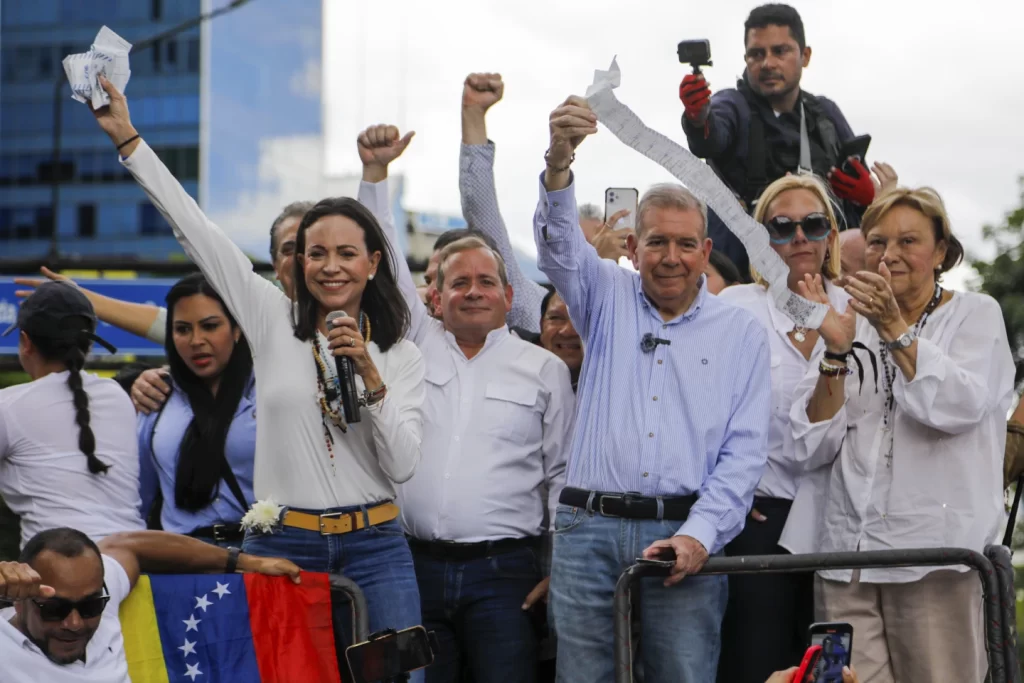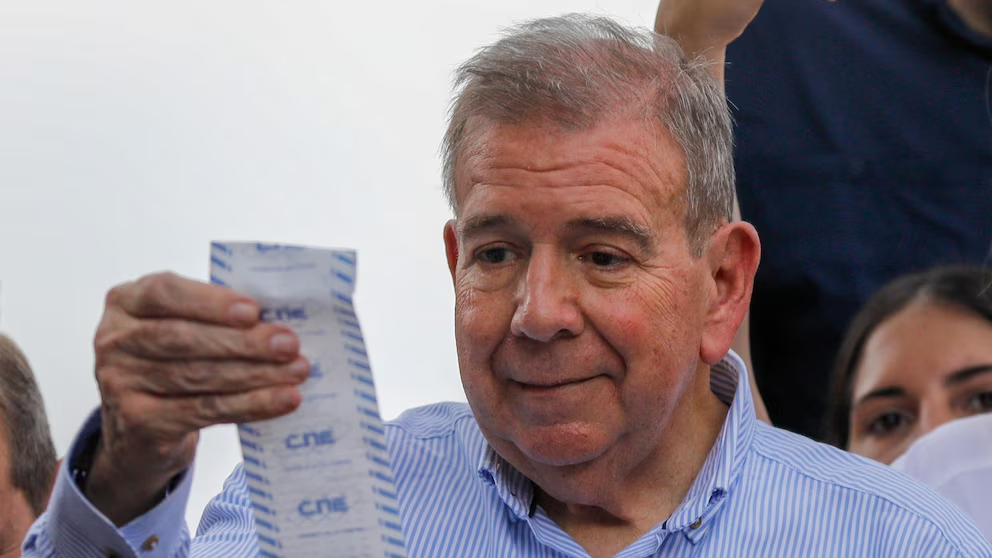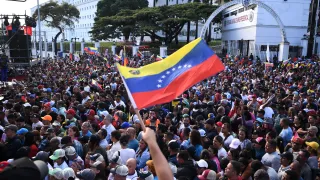Venezuela’s political landscape was shaken when the opposition coalition announced, just 24 hours after the polls closed, that they had secured over 80% of the vote tally sheets from the recent presidential election. This bold move has cast significant doubt on President Nicolás Maduro’s claim to reelection.

Maria Corina Machado, a stalwart figure in the Venezuelan opposition known for her resilience, declared that her coalition had collected more than two-thirds of the vote tally sheets, known locally as *actas*. These documents, which resemble long shopping receipts, serve as the ultimate proof of election results in Venezuela. Machado’s announcement came with the assurance of someone long viewed as an underdog, presenting a stark contrast to the electoral authorities’ anticipated proclamation of Maduro’s victory.
The collection of these *actas* was a strategic move by the opposition to counter what they expected to be an unfavorable election outcome. Historically, *actas* have been regarded as conclusive evidence of electoral results in the country, and securing them was crucial for the opposition to substantiate claims of electoral fraud. Opposition members recognized the importance of amassing as many of these documents as possible to refute the government’s expected announcement and ensure transparency in the electoral process.

The Herculean task of gathering the *actas* was the result of months of meticulous preparation and the participation of thousands of volunteers across the nation. This collective effort not only demonstrated the opposition’s resolve but also highlighted the widespread discontent among Venezuelans with the current regime.
The opposition’s strategy brought about global condemnation of Maduro and his loyal National Electoral Council, including criticism from close regional allies. This international backlash was fueled by the anger of Venezuelans who are frustrated with their country’s deteriorating economy and the government’s apparent attempts to undermine democracy. In a retaliatory move, the government ordered the arrest of several opposition leaders, marking the culmination of an election season fraught with suppression and irregularities.

The detailed account of the opposition’s efforts is based on public statements and interviews with party representatives, volunteers, and others involved in the operation. Due to the sensitive nature of their work and the risk of government retribution, many of these individuals requested anonymity.
The operation involved training workshops held nationwide, where thousands of volunteers were educated on how to effectively monitor polling stations. These volunteers, stationed near voting machines on Election Day, were tasked with collecting *actas* before the official results were electronically transmitted to the National Electoral Council headquarters in Caracas. This proactive measure was crucial to ensuring that accurate electoral data was preserved and that any discrepancies could be addressed.
The opposition’s success in securing such a substantial portion of the vote tally sheets has brought new hope to Venezuelans seeking change and transparency in their electoral process. As the country grapples with political turmoil and economic instability, the actions of these dedicated volunteers and opposition leaders may prove pivotal in shaping Venezuela’s democratic future.
apnews.com


